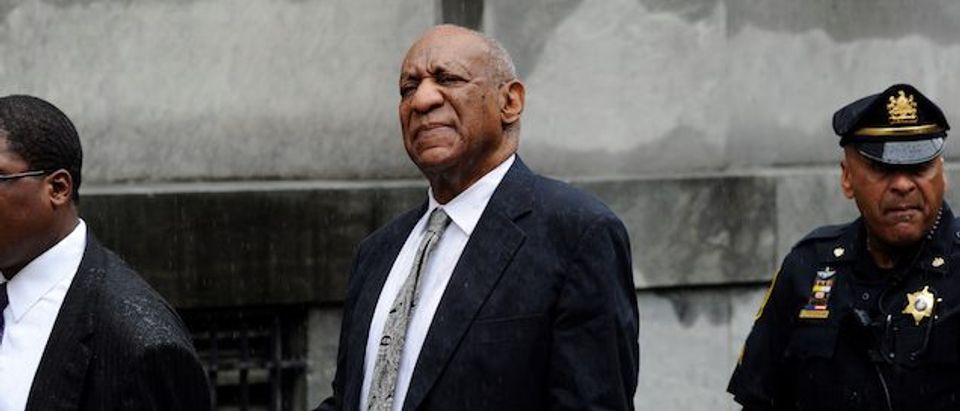If Ronan Farrow was determined to reveal the sordid allegations leveled against Hollywood producer Harvey Weinstein, it may be because NBC subdued his reporting in the past.
In a 2016 guest column for the Hollywood Reporter, Farrow revealed that his producer, including others in the media circle, warned him not to question a Bill Cosby biographer about the many sexual assault stories circulating around the seemingly Teflon-coated comedian.
”They’re accusations. They’re not in the headlines. There’s no obligation to mention them,” his television producer told him. The Cosby biographer thought so too; he had not referenced any of the stories in his newly published book.
Farrow compromised by preparing a single question regarding sexual abuse allegations against Cosby. Farrow warned the biographer that the question was coming, prompting an uncomfortable response from the author. When Farrow finally got around to posing the question on air, the biographer responded minimally that yes, he was aware of such stories, but he had discounted them.
As Farrow then recalled, “Today, the number of accusers has risen to 60. The author has apologized. And reporters covering Cosby have been forced to examine decades of omissions, of questions unasked, stories untold. I am one of those reporters — I’m ashamed of that interview.”
Farrow is familiar with the sexual scandals of the rich, famous and powerful: his sister, Dylan Farrow, famously accused their father, film icon Woody Allen, of sexual molestation and assault. The mainstream media didn’t want to hear that one either.
“In fact, when my sister first decided to speak out, she had gone to multiple newspapers — most wouldn’t touch her story. An editor at the Los Angeles Times sought to publish her letter with an accompanying, deeply fact-checked timeline of events, but his bosses killed it before it ran,” Farrow wrote.
The investigative journalist writes that it is essential for the media to be vocal about uncomfortable issues in the face of powerful figures. Farrow states, “That kind of silence isn’t just wrong. It’s dangerous. It sends a message to victims that it’s not worth the anguish of coming forward. It sends a message about who we are as a society, what we’ll overlook, who we’ll ignore, who matters and who doesn’t.”
Even if journalists risk losing their “powerful public figures,” Farrow maintains that it is essential for reporters to “ask some hard questions.”


